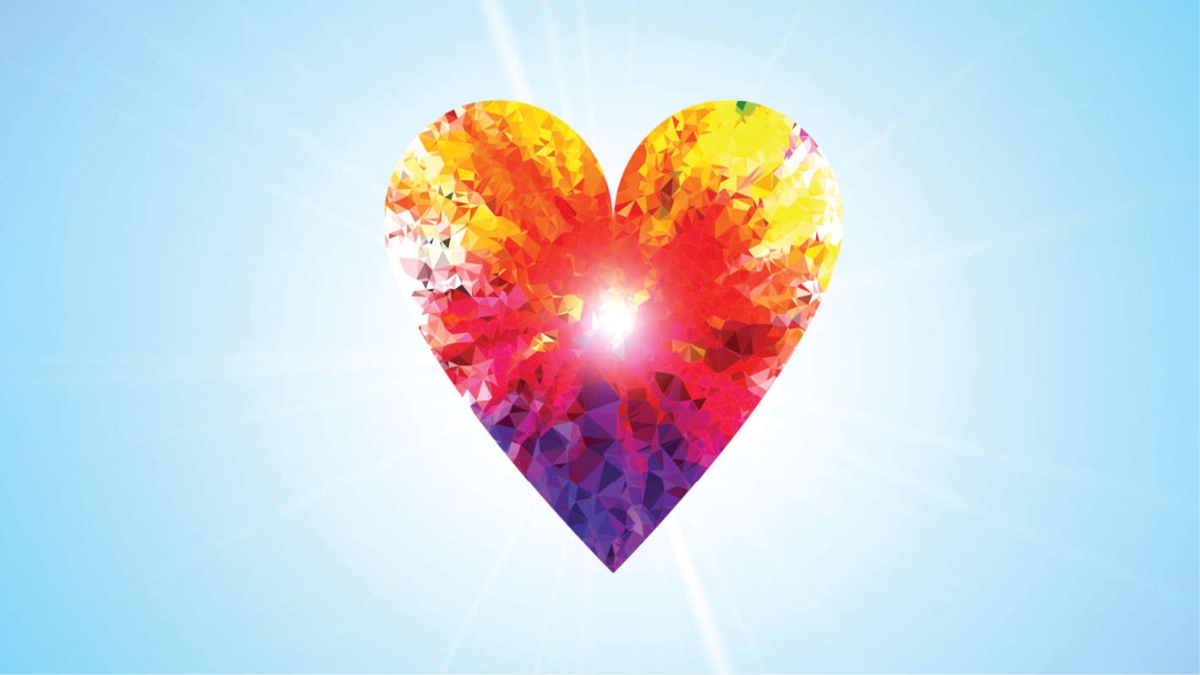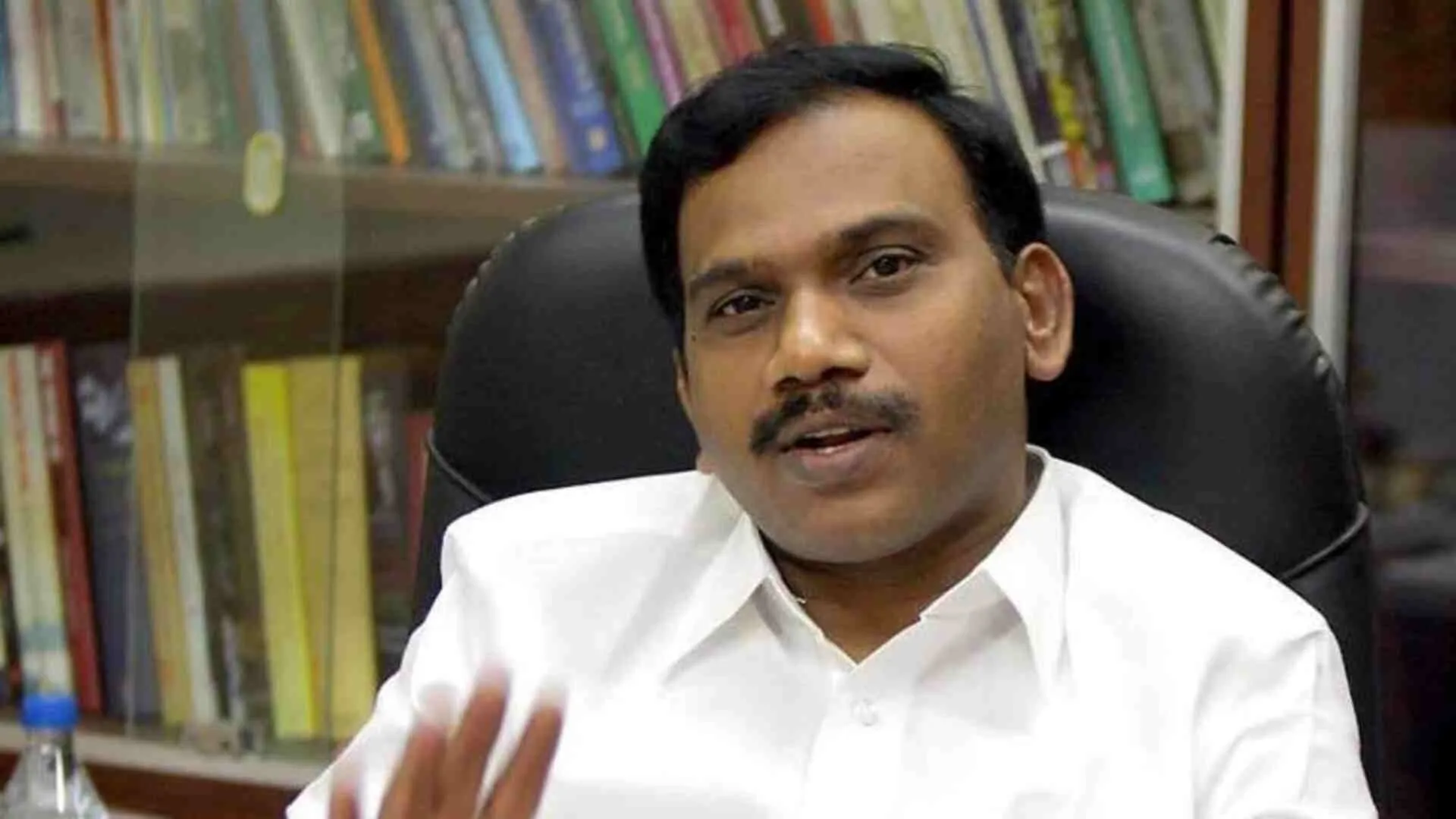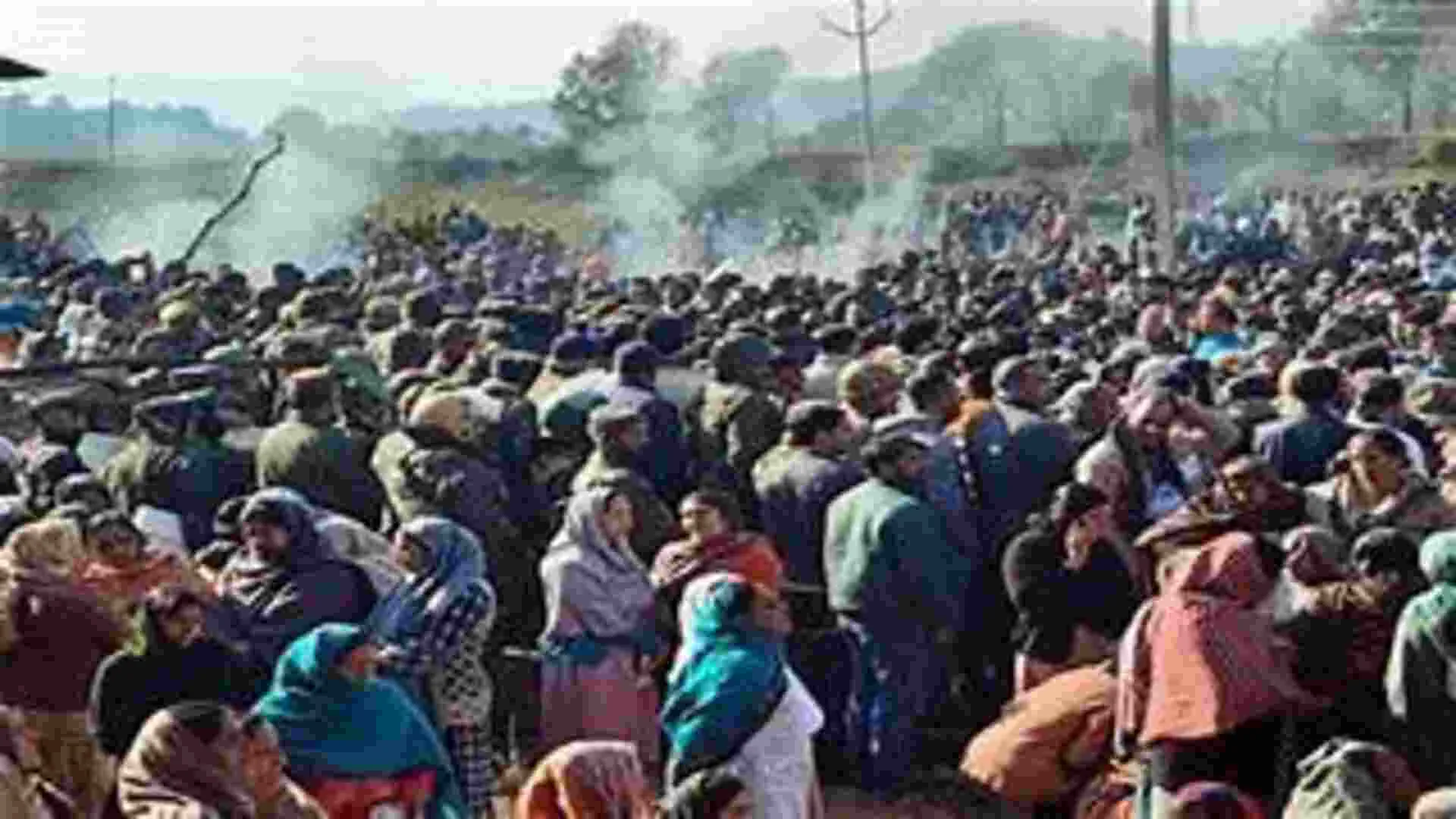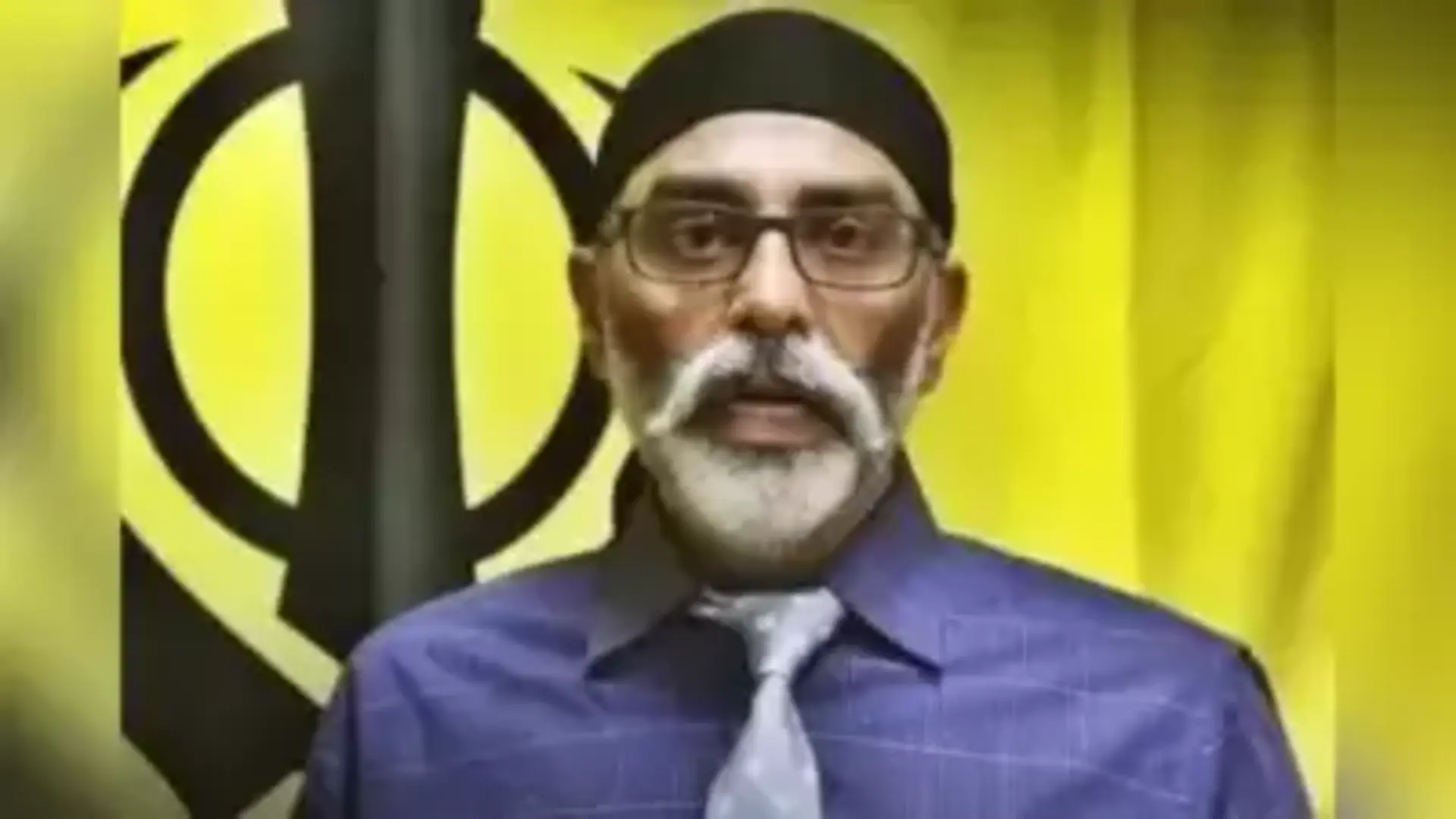Love is a spectrum, and the two ends are destruction and construction. We have destroyed lives in the name of love and built mausoleums in the name of love.
Carbon dating love is easy. It began with the love story of Shiva and Sati (Parvati), to Krishna and Radha, Savitri and Satyavan, Nal and Damayanti, Romeo and Juliet, Heer and Ranjha, Mirabai, Helen and Paris, Cleopatra and Mark Anthony, and the list is never ending. Every day, there are people falling in love, dying for love, killing for love, heartbroken because of love and living because of love. But thousands of years later, love still stays as allusive and alluring as ever. There are more than 100 million love songs and countless stories, ballads, poems, movies on love and yet it seems like it is never enough.
The word love means many things-affection, bonding, broken heart, compassionate love, conjugal love, courtly love, falling in love, free love, friendship love, interpersonal relationship, intimacy, love addiction, love at first sight, triangle love, loving-kindness, lovesickness, love-struck, obsession love, passion, puppy love, relationship love, self-love, unconditional love, unrequited love, sexual passion, deep friendship, love for anyone, love for family, longstanding love and love for self. And most of us have experienced all of these.
Psychologists say that love can be understood in terms of three components. These three are intimacy, passion, and decision/commitment. Each component manifests a different aspect of love.
Intimacy: Intimacy refers to feelings of closeness, connectedness, and bondedness in loving relationships. It thus includes within its purview those feelings that give rise, essentially, to the experience of warmth in a loving relationship.
Passion: Passion refers to the drives that lead to romance, physical attraction, sexual consummation, and related phenomena in loving relationships. The passion component includes within its purview those sources of motivational and other forms of arousal that lead to the experience of passion in a loving relationship.
Decision/commitment: Decision/commitment refers, in the short-term, to the decision that one loves a certain other person, and in the long-term, to one’s commitment to maintain that love.
The three components of love interact with each other, and we form certain stories of and about love in our heads. Almost all of us are exposed to large numbers of diverse stories that convey different conceptions of how love can be understood. Some of these stories may be explicitly intended as love stories; others may have love stories embedded in the context of larger stories. They could be Eros (sexual passion), Philia (deep friendship), Ludus (playful love), Agape (love for everyone), Pragma (longstanding love), Philautic (love of the self), Storge (family love), Mania (obsessive love).
Various potential partners fit our stories to greater or lesser degrees, and we are more likely to succeed in close relationships with people whose stories more rather than less closely match our own. Although, the stories we create are our own, they draw on our experience of living in the world–on fairy tales we may have heard when we were young, from the models of love relationships we observe around us in parents and relatives, from television and movies, from conversations with other people about their relationships, and so forth.
Although the number of possible stories like genders is probably infinite, certain genres of stories seem to keep emerging again and again.
The problem with love is that we project our fantasies onto people and expect them to play the part, but people aren’t empty vessels for us to fill up with our daydreams and stories. When the daydreams, stories of two people complement, supplement, overlap, and are in sync, then we get a workable, sustainable, happy love story, but often it does not happen.
While there is no magic potion to ensure a never-ending love story, knowing the stories that are running in our head and in our partner’s helps towards understanding ourselves and our partner and making love last.
So, what’s your kind of love story?
DECODING LOVE
• Love is an Addiction: Strong anxious attachment; clinging behaviour; anxiety at thought of losing partner.
• Love is a Business: Relationships and love is a business proposition; money is power; partners in close relationships as business partners.
• Love is a Collection: Partner viewed as “fitting in” to some overall scheme; partner viewed in a detached way as one collects artefacts.
• Love is a Cookbook: Doing things a certain way (recipe) results in relationship being more likely to work out; departure from recipe for success leads to increased likelihood of failure.
• Love is a Fantasy: Often expects to be saved by a knight in shining armour or to marry a princess and live happily ever after.
• Love is a Game: Love as a game or sport with the chase and the kill.
• Love is like Gardening: Relationships need to be continually nurtured and tended to like a garden.
• Love is like a Government: (a) Autocratic – One partner dominates or even controls other. (b) Democratic: Two partners equally share power.
• Love is like History: Events of relationship form an indelible record; keep a lot of records-mental or physical.
• Love is Horror: Relationships become interesting when you terrorise or are terrorised by your partner.
• Like is like a House and Home: Relationships have their core in the home, through its development and maintenance.
• Love is Humour: Love is strange and funny.
• Love is a Mystery: Love is a mystery and you should not let too much of yourself be known.
• Love is like a Police: You’ve got to keep close tabs on your partner to make sure he/she toes the line, or you need to be under surveillance to make sure you behave.
• Love is like Pornography: Love is dirty, and to love is to degrade or be degraded.
• Love is a Recovery: Survivor mentality; view that after past trauma, person can get through practically anything.
• Love is like Religion: Either views love as a religion, or love as a set of feelings and activities dictated by religion.
• Love is a Sacrifice: To love is to give of oneself or for someone to give of him or herself to you.
• Love is Science: Love can be understood, analysed, and dissected, just like any other natural phenomenon.
• Love is a Science Fiction: Feeling that partner is like an alien-incomprehensible and very strange.
• Love is like Sewing: Love is whatever you make it.
• Love is a Theatre: Love is scripted, with predictable acts, scenes, and lines and drama.
• Love is like a Travel: Love is a journey one undertakes and is like a journey too.
• Love is like War: Love is a series of battles in a devastating but continuing war.
• Love is a Student-teacher: Love is a relationship like that between a student and a teacher, one knows it all and the other must be taught.
Every day, there are people falling in love, dying for love, killing for love, heartbroken because of love and living because of love. But thousands of years later, love still stays as allusive and alluring as ever. There are more than 100 million love songs and countless stories, ballads, poems, movies on love.
Prof Chavi Bhargava Sharma, a PHD in Psychology,is the Founder and CEO of Indic Center for Psychological Wellness and Holistic Health and Conversationists-Talking Cues.























